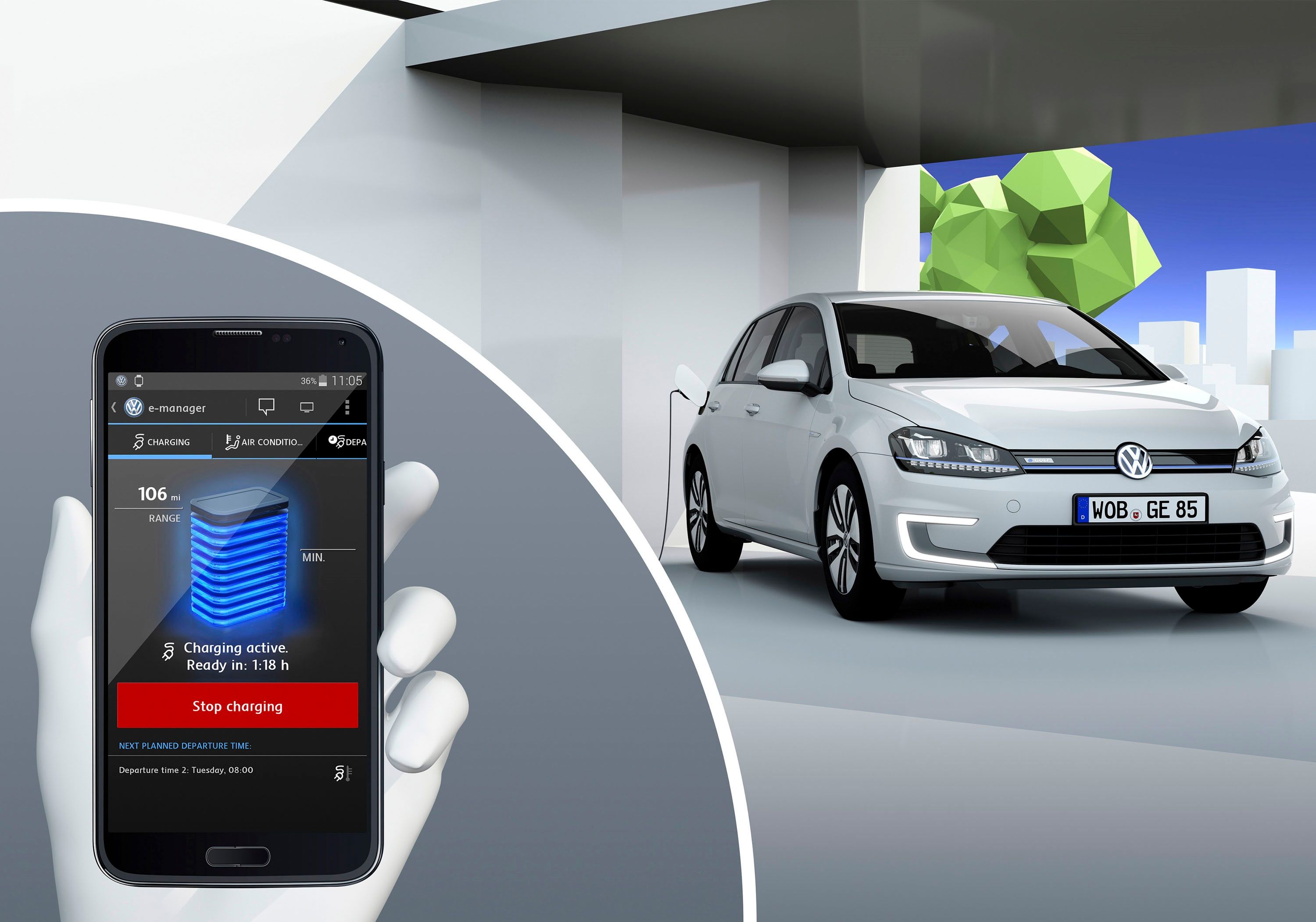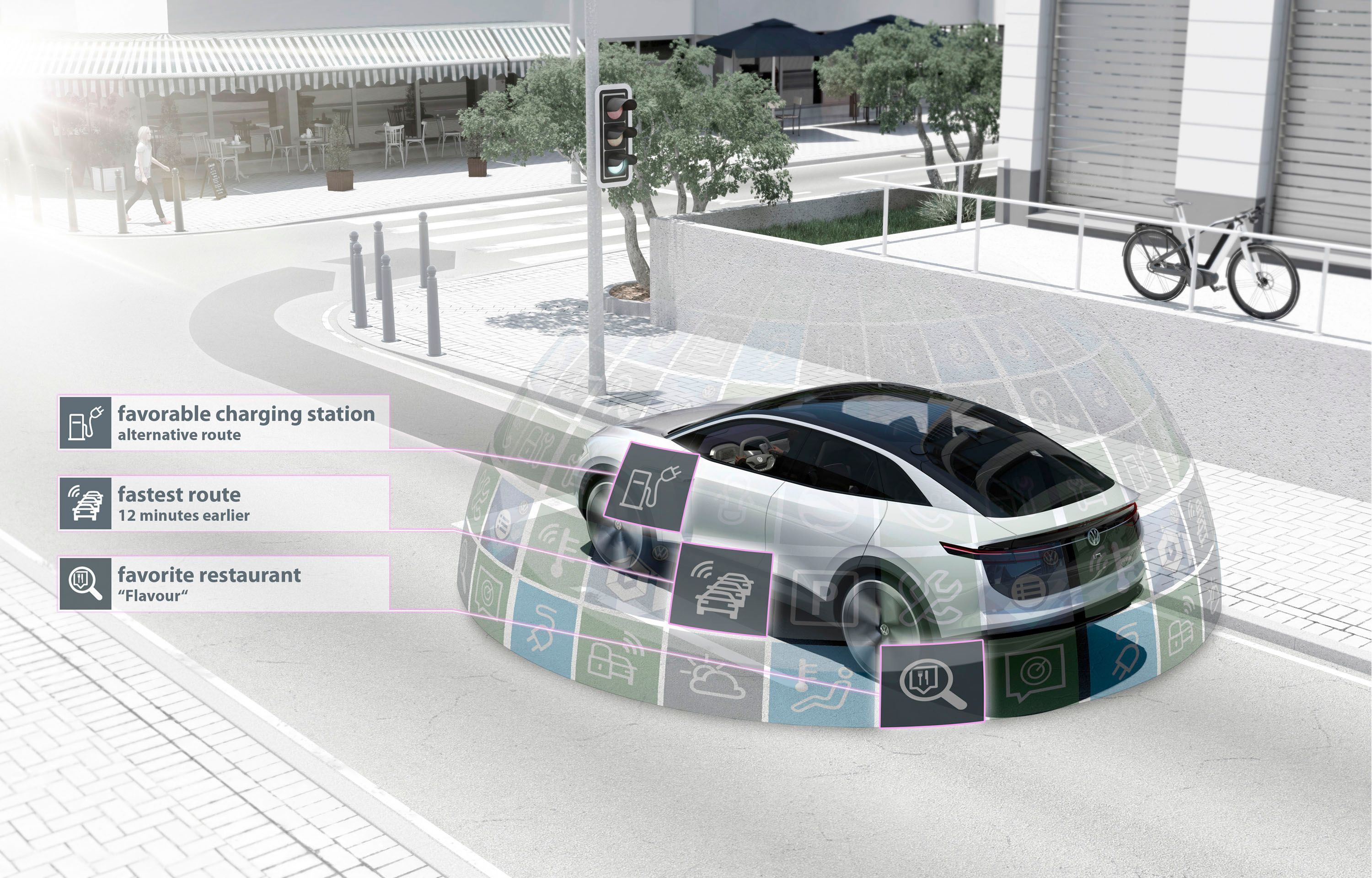It wasn’t that long ago that over-the-air updates and mobile internet were pretty much limited to our cell phones, but nowadays, just about every new car worth having has a 4G LTE internet connection and a direct link to manufacturer servers. This is extremely evident in cars with semi-autonomous capabilities, like the Tesla Model S, which routinely provides data back to the manufacturer to help improve autonomous systems and help us venture closer to a future of self-driving cars. Eventually, our vehicles will connect to the infrastructure around us, allowing full communication between traffic signals and cars, and for cars to communicate among themselves. We’re not there quite yet, but the city of Aarhus over in Denmark is showing us a little preview as it uses Bluetooth sensors to track traffic.
Of course, this raises some concerns in those who have a fear of our privacy being invaded but so far this particular method of tracking traffic is actually harmless. Apparently, a company known as Blip Systems has provided the sensors to the city and also provides them to other cities across the globe as well as airports. Basically, the sensors pick up on Bluetooth signals from vehicles with built-in Wi-Fi and or phones of passengers with Bluetooth enabled as well. The data is then sent back to the city where it is analyzed to provide a better picture of how traffic is moving and where areas get congested, ultimately allowing the city to determine where they can improve their transportation infrastructure to reduce driving times and fuel consumption. Keep reading to hear a little more about it.
Should You Shut off the Bluetooth?
The chances are that the data received by the city is already pretty anonymous anyway, so at this point, it’s really not much of a privacy concern. It’s not as if the sensors can connect directly to your device or vehicle and download data at this point anyway. The idea is that the sensors can track the movement of signals and ultimately determine how traffic is moving. But, it does raise the issue of how privacy concerns will continue to increase as the car-to-car, and car-to-infrastructure systems continue to be implemented and improved upon.
Eventually, your every movement will be trackable regardless of where you’re at, and there will be no way around it once you start driving a connected vehicle. This, of course, isn’t without its merits either – in the future, it could be relatively easy for police to disable stolen vehicles or vehicles engaged in dangerous high-speed chases, which will certainly be a plus. But, we will have to trust that our data will be kept anonymous and won’t be collected with ill intent. A hard thing to do when you consider how well our data is already used against us, just for the purposes of directed and personalized advertising.
But, for now, that’s not really an issue with this type of system, and the City of Aarhus has good intent. Asbjorn Halskov-Sorenson, the ITS project manager for Aarhus Municipality, said, “Ultimately, the data contributes to an improved economy and a better environment through reduced driving times and fuel consumption, and thus reductions in greenhouse gas emissions from vehicles.” As time goes on, it’s quite likely that these types of systems will begin to pop up in more major cities around the world. But, Go ahead and keep that Bluetooth turned on for now – it could very well bring an end to that stupid stop light you always get caught at for no reason. What do you think? Is this a genuine privacy concern or are the fear mongers just pushing the issue too much too soon? Let us know in the comments section below.



